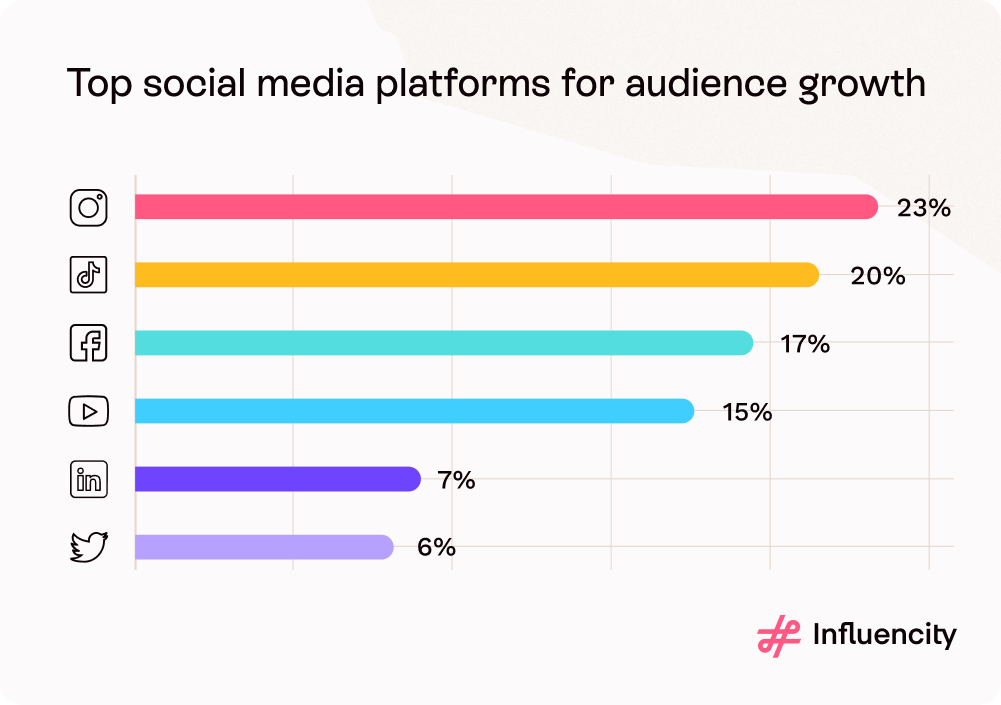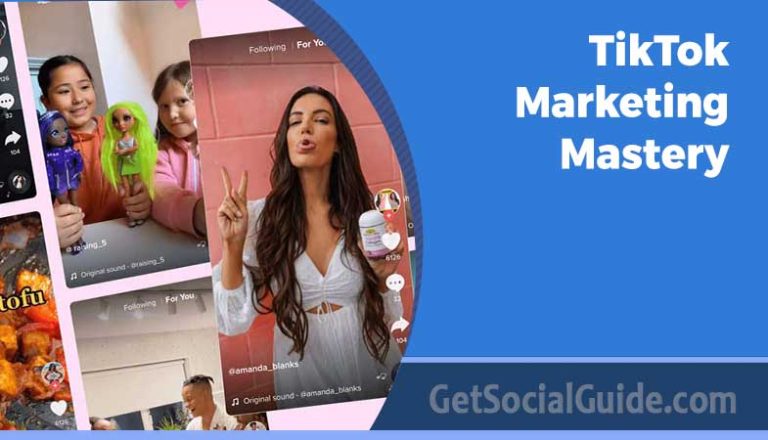Implementing Powerful Brand Strategies For Long-Term Success
Brand strategy is the foundation of a successful marketing plan. It defines how a brand communicates its value to its target audience and differentiates itself from competitors. For startups, implementing a powerful brand strategy is crucial for long-term success.

In this article, we’ll explore the key elements of a successful brand strategy. This includes understanding your target audience, developing your brand identity, building brand awareness, creating brand loyalty, and measuring brand success.
By following these guidelines, startups can create a strong and memorable brand that resonates with their target customers and drives business growth.
Also you can check following statistics
.jpg?width=1001&height=685&name=Percentage-of-consumers-who-search-for-brands-on-social-media-more-often-than-through-search-engines-1%20(1).jpg)
- TikTok currently boasts 1.4 billion monthly active users and will reach 1.8 billion by the end of 2023.
- USA takes the lead with 150 million active TikTok users
- The United States has a large pool of influencers, with 10M individuals considered as such

Understanding Your Target Audience: Key to Successful Branding for Startups
Knowing your target market is the first step to building branding for startups. Identifying your ideal customer and creating buyer personas is crucial to building a successful brand with your target customers. Here are some tips to help you better understand your target audience:
- Conduct market research to gather data on your target customers’ demographics, behaviors, and preferences.
- Use social media analytics to analyze your followers’ engagement and behavior.
- To learn more about the requirements and problems of your current consumers, do surveys or interviews with them.
- Analyze your website and online store data to understand your customers’ behavior and preferences.
By understanding your target audience, you can tailor your branding and marketing efforts to resonate better with your ideal customers. This leads to a more effective brand strategy and long-term success for your startup.
Developing a Strong Brand Identity: A Key Element of Successful Branding for Startups
Once you understand your target audience, developing your brand identity is time. Your brand identity is the set of visual and verbal elements that define your brand and differentiate it from your competitors. The following components make a great brand identity:
- Brand mission statement: This is a short, clear statement that communicates your brand’s purpose and values.
- Brand personality and voice: Define your brand’s personality and voice by selecting a set of adjectives that best represent your brand.
- Visual brand identity: This includes your logo, color scheme, typography, and other visual elements that represent your brand.
- Brand message: Your brand message is the core message you want to communicate to your target audience.
By developing a solid brand identity, you can create a consistent and memorable trademark that connects with your target customers. This helps build trust and credibility, ultimately leading to your startup’s long-term success. When creating your brand identity, it’s important to ensure that it is unique, relevant, and memorable. Consider working with a branding agency or consultant to help you develop your brand identity and ensure that it aligns with your business goals and target audience.
Building Brand Awareness: Strategies for Startup Branding Success
Once you have developed your brand identity, the next step is to build brand awareness. Brand awareness measures how well-known your company is among your target market. Here are some pointers for increasing brand recognition:
- Social media: Make use of these channels to interact with your fans and reach a larger audience.
- Influencer marketing: Partner with influencers in your industry to promote your brand to their followers.
- Content marketing: Create high-quality content that is relevant to your target audience and promotes your brand.
- Public relations: Get your brand featured in media outlets and online publications to increase your reach and credibility.
You may boost your brand’s visibility and reach a larger audience by creating brand awareness. This boosts brand familiarity, which eventually fuels your startup’s expansion.
Building Lasting Relationships: Creating Brand Loyalty for Your Startup
Building brand loyalty is the ultimate goal of branding for startups. Brand loyalty refers to the degree to which your customers are loyal to your brand and continue to choose your products or services over your competitors. Here are some strategies for creating brand loyalty:
- Deliver a great customer experience: Provide excellent customer service and a positive customer experience to build trust and loyalty.
- Offer loyalty programs: Reward customers for their loyalty by offering discounts, freebies, or exclusive access to products or services.
- Be consistent: Maintain consistency in your brand messaging, visual identity, and customer experience to build trust and familiarity with your brand.
- Listen to your customers: Listen to your customers’ feedback and incorporate it into your brand strategy to show that you value their opinions.
By creating brand loyalty, you can build a base of loyal customers who not only continue to buy from you but also recommend your brand to others. This leads to increased customer retention, and brand advocacy, and ultimately drives business growth for your startup.
Metrics That Matter: Measuring Brand Success for Startups
Measuring the success of your branding efforts is important to understand whether your brand is resonating with your target audience and whether your efforts are driving business growth. Here are some metrics to consider when measuring brand success:
- Brand awareness: Measure the percentage of your target audience that is aware of your brand.
- Engagement: Monitor how engaged your target audience is with your brand on social media and other platforms.
- Sales: Track your sales to understand how your branding efforts are impacting your bottom line.
- Customer loyalty: Measure customer retention and repeat purchases to understand how loyal your customer base is.
- Brand equity: Assess the overall value of your brand in the market and how it compares to your competitors.
By measuring these metrics, you can gain valuable insights into the effectiveness of your branding efforts and make data-driven decisions to improve your brand strategy. Remember to regularly monitor and evaluate your metrics to ensure that your branding efforts are driving long-term success for your startup.
Bottom Line – Building a Strong Brand For Your Startup
Branding is crucial for startups looking to establish themselves in a competitive market. A strong brand can differentiate your startup, build credibility, and drive long-term success. To achieve this, it’s important to understand your target audience, develop a strong brand identity, build brand awareness, create brand loyalty, and measure your brand success using relevant metrics. By following these steps and continually refining your brand strategy, you can establish a strong brand that connects with your customers and sets your startup up for long-term success. Remember to stay flexible and adapt your branding efforts as your startup grows and evolves.
FAQs
Why is branding important for startups?
Branding is important for startups as it can help establish credibility, differentiate them from competitors, and create brand loyalty.
A strong brand can drive long-term success by building customer trust and creating a loyal customer base.
How can startups measure the success of their branding efforts?
Startups can measure the success of their branding efforts by monitoring metrics such as brand awareness, engagement, sales, customer loyalty, and brand equity.
By regularly tracking and evaluating these metrics, startups can make data-driven decisions to refine their branding strategy.
How can startups create brand loyalty?
Startups can create brand loyalty by providing exceptional customer service, delivering high-quality products or services, building a strong brand identity, and offering unique value to their customers.
By focusing on building strong relationships with their customers and consistently meeting their needs, startups can create loyal customers who will continue to choose their brand over competitors.






